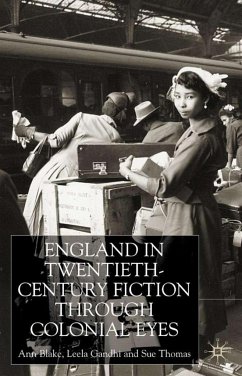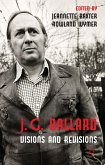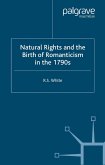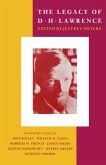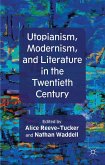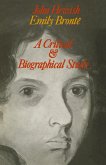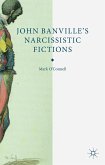Much attention has focused on the imperial gaze at colonised peoples, cultures, and lands. But, during and after the British Empire, what have writers from those cultures made of England, the English, and issues of race, gender, class, ethnicity, and desire when they have travelled, expatriated, or emigrated to England? This question is addressed through studies of the domestic novel and the Bildungsroman , and through essays on Mansfield, Rhys, Stead, Emecheta, Lessing, Naipaul, Emecheta, Rushdie and Dabydeen.
Hinweis: Dieser Artikel kann nur an eine deutsche Lieferadresse ausgeliefert werden.
Hinweis: Dieser Artikel kann nur an eine deutsche Lieferadresse ausgeliefert werden.
'This innovative and important study offers new perspectives on a range of twentieth century colonial writers from the Indian subcontinent, Canada, Australia, the Caribbean, and Africa. In particular, it offers new perspectives on Britain by allowing us to encounter English or British attitudes, landscapes, and events through the eyes of different groups of visitors and immigrants from the colonies - visitors who have already been conditioned by British forms of education. Taking up the concept of 'contact zones' as existing not just in colonial or 'other' worlds, this book shows how 'Englishness', 'Britishness', and various other racial, ethnic, and national identities have been constructed in changing ways through a century of interaction between peoples and cultures in Britain itself.......
The three authors are able to draw on their combined expertise to give a thoroughly rich, scholarly, and rewarding discussion of each of these writers.' - C.L. Innes, Professor of Postcolonial Literature, School of English, University of Kent, Canterbury
The three authors are able to draw on their combined expertise to give a thoroughly rich, scholarly, and rewarding discussion of each of these writers.' - C.L. Innes, Professor of Postcolonial Literature, School of English, University of Kent, Canterbury

